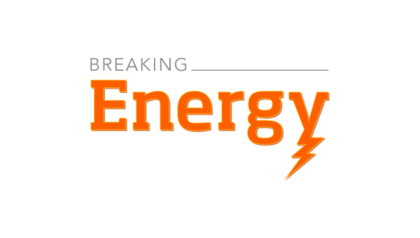
Petroleum engineers in the 1930s knew what to think about methane hydrates, the magical “ice that burns”: they were a big nuisance. Chunks of these flammable frozen solids would sometimes clog oil and natural gas pipelines and slow production, so eliminating them became a priority. For decades, methane hydrates remained a worthless, vexing curiosity to industry.
But yesterday’s trash becomes today’s treasure, and methane hydrates now seem to represent a hugely abundant energy source that could help power the global economy as it shifts away from dirtier coal and oil. They could make some countries energy independent, and might even be able to help counter global warming by locking away some of the carbon dioxide (CO2) warming the climate. That is, the hydrates could become all of those things if engineers and scientists can develop a cost-competitive way to use them. Keep reading →








 With its latest new product announcement, globe-spanning conglomerate
With its latest new product announcement, globe-spanning conglomerate 